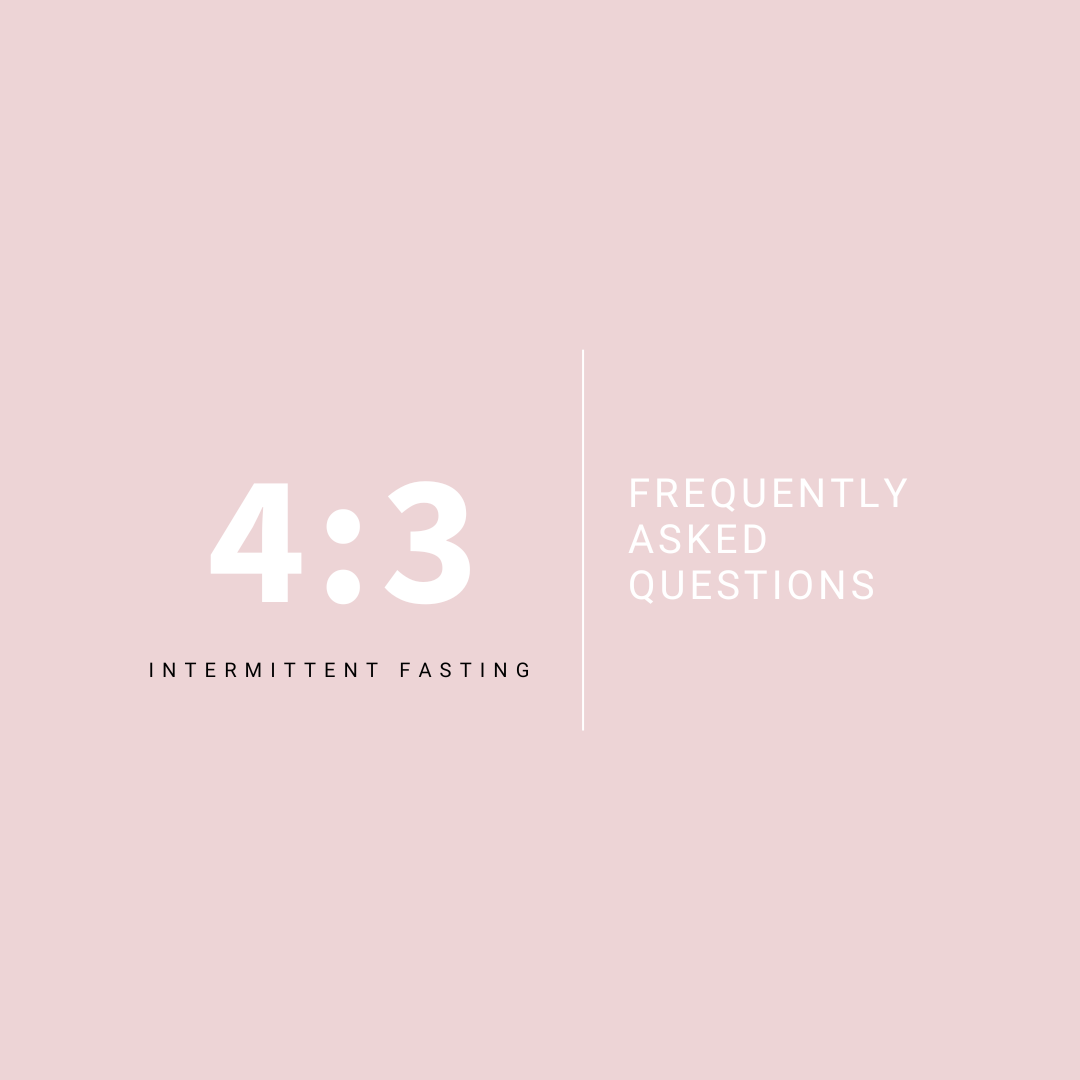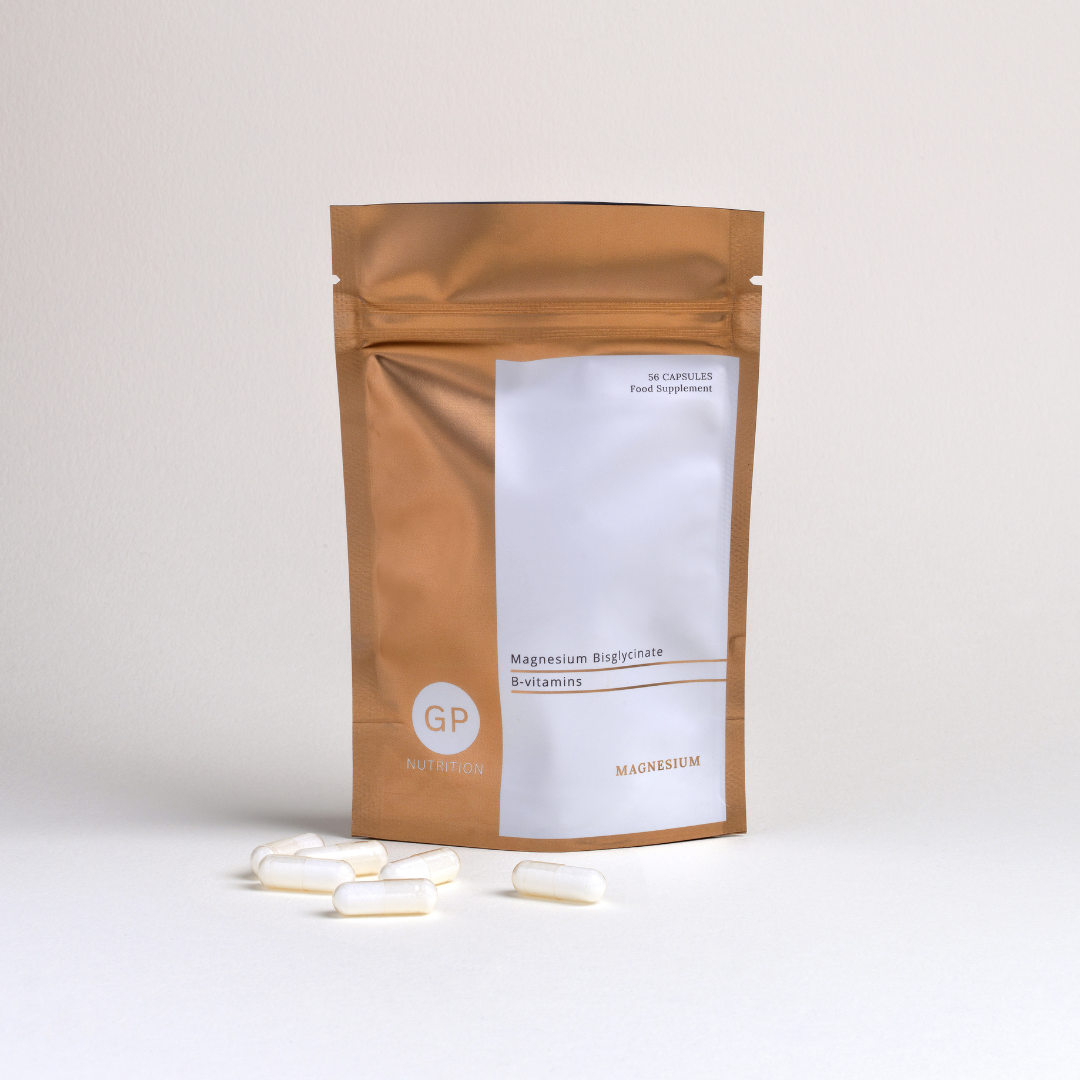Intermittent Fasting (IF) helps the body lose weight without impacting the basal metabolic rate or reducing muscle mass. This means these fasting plants won't cause metabolic adaptation. During fasting, the body consumes less energy. With insulin's job slowed down, its levels drop, and the body turns to its glycogen stores in the liver for energy, followed by fat stores in adipose tissue. This is how the weight starts to come off.

Alternating between fasting and healthy eating means the body does not stay in this energy deficit for long and our metabolism remains stable. IF improves insulin sensitivity, which means the body is more efficient at balancing blood sugar levels, making it very beneficial for people who are at risk of diabetes or cardiovascular disease. IF and weight loss have also been shown to decrease levels of inflammation while sharpening memory, mood, and cognitive function.
IF stimulates a process known as autophagy ('auto' meaning self and 'phagy' meaning self-devouring). Before you start having nightmares that your body will start eating itself, this refers to something quite extraordinary. Autophagy is an evolutionary form of self-preservation. The body goes into reset mode, clearing out redundant and damaged cells to repair and generate new cells, which is particularly beneficial for ageing. The body emerges as a greater expression of itself.

IF has decades of scientific research behind it to prove that it works and Gabriela has seen first-hand the profound changes it makes physically and mentally in her clinic. This method is easy, sustainable and realistic for every lifestyle. Aside from being extremely effective for weight loss, it has numerous other health benefits - for example, better blood sugar control, greater energy levels, improved sleep, a reduction in the risk of chronic and age-related diseases and an increase in lifespan.
The use of the word 'fast' makes people think they can't eat at all, but the GP IF plans work differently. The first plan (GP4:3) involves introducing a significant calorie restriction for three days a week, while the other (GP16:8) has a daily fasting window of 16 hours (including overnight, which means sleeping through a large part of it).

How do I know which plan is right for me?
Both IF plans will provide the same health benefits. The choice comes down to your lifestyle and weight loss goals.
GP4:3 is a more restrictive programme for significant, targeted weight loss. It's easier to follow for people who plan their weeks and meals in advance as it involves 3 non-consecutive weekly 'fasting' days at a restricted calorie allowance of 500 (women) or 600 (men). On the remaining days, the aim is to eat mindfully (mindful days), following the GP principles for healthy eating, aiming to reduce portion sizes (or daily calories) by 20%.
GP16:8 is a less restrictive programme for milder weight loss and weight maintenance. It's easier to follow for people who are less inclined to plan their weekly meals and may have unpredictable schedules. You'll select an 8-hour eating window that suits your schedule, during which you'll consume all meals, caffeinated drinks, snacks and supplements for the day, following the GP principles for healthy eating. You'll then fast (drinking only water and herbal teas) for the remaining 16 hours of the day - during most of which you'll be asleep.





Leave a comment
All comments are moderated before being published.
This site is protected by hCaptcha and the hCaptcha Privacy Policy and Terms of Service apply.